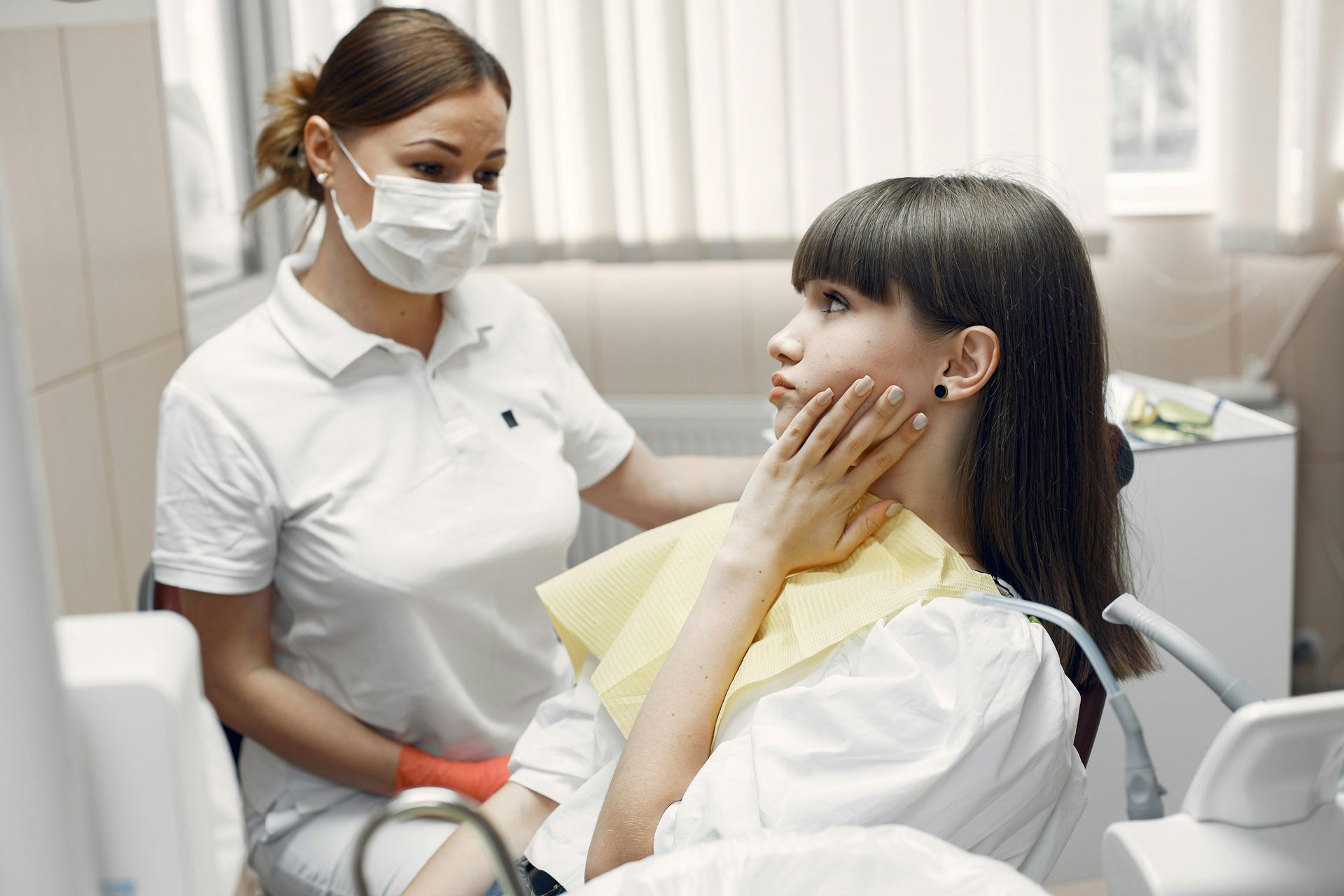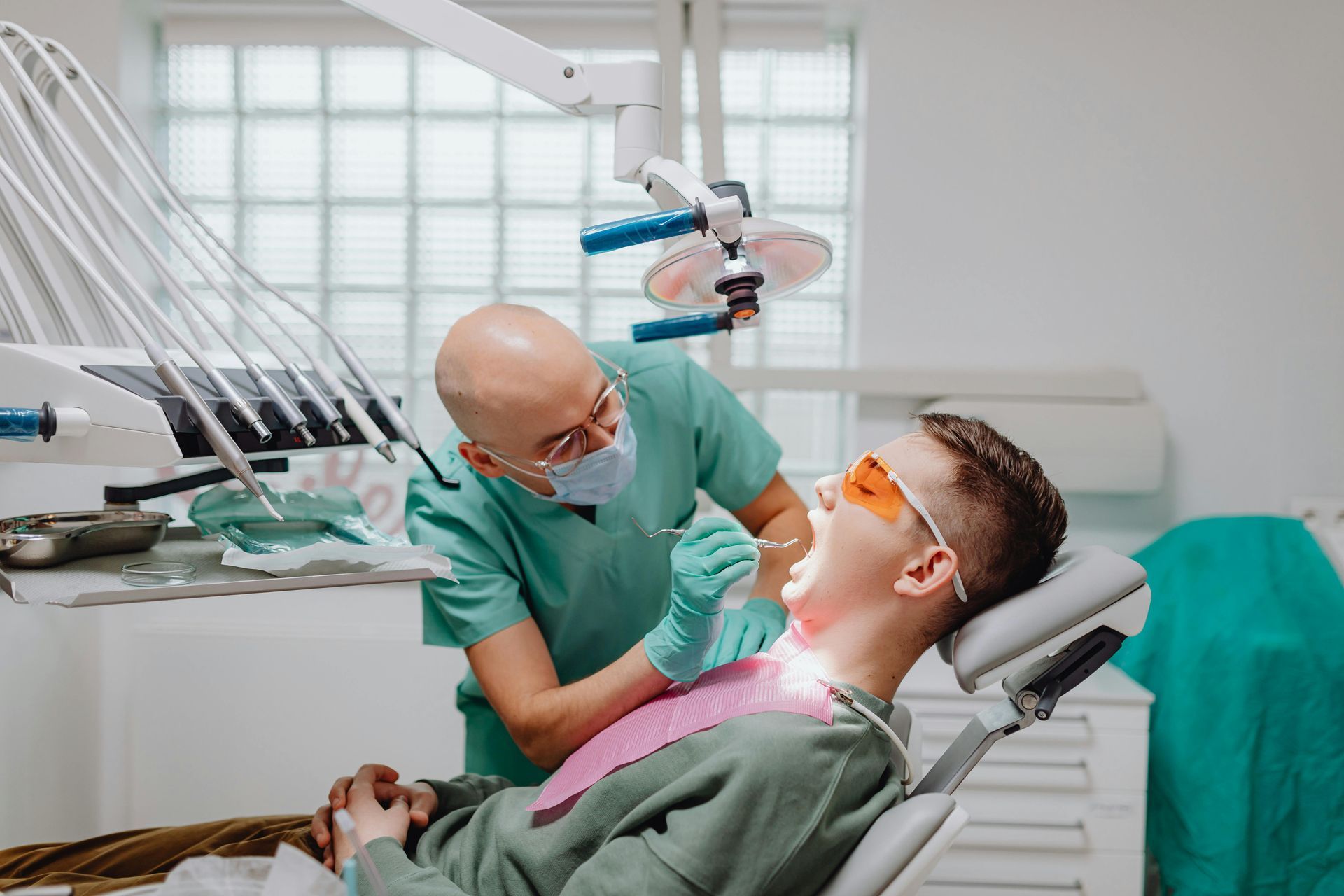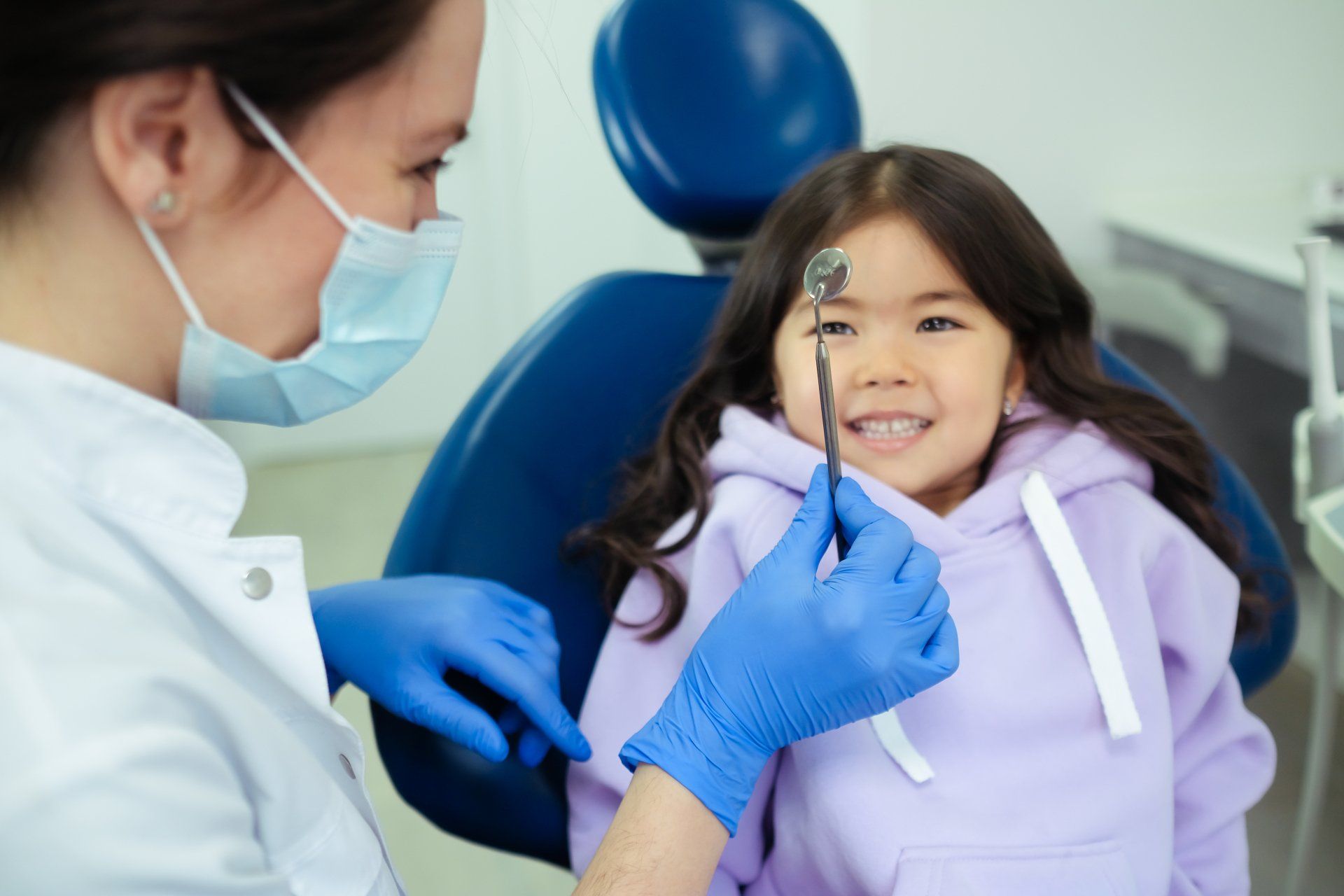Top Parenting Hacks to Raising Kids With Good Oral Habits
Top Parenting Hacks to Raising Kids With Good Oral Habits
Whether you just can’t seem to get your children to follow a healthy brushing routine or you’re constantly running out of supplies, raising kids to have good oral habits can feel like an uphill battle. But, you can make life easier by developing and sticking to a dental schedule for your children and learning the most effective ways to teach good dental behavior. Try these parenting hacks to teach your kids how to care for their teeth and why it’s so important.
Create a Dental Schedule for Your Children
The key to practicing long-term dental health and minimizing the likelihood of problems developing is to know when you should take your children to appointments and to do your best to stick to this schedule. These are a few of the milestones for your children’s teeth and when they need to see a dentist:
Pre-teeth dental care:
For the first six months of their lives, a child’s teeth are still developing in their gums. The key to dental care at this early stage is to provide your children with a healthy diet.
Their first teeth:
As soon as your children’s teeth come in, visit a pediatric dentist for an initial screening and to develop a schedule to monitor your children’s tooth development. Plan for visits roughly once every six months. Children’s primary teeth start to grow at about six months old, and permanent teeth start coming in at about 6 years old.
Their permanent teeth:
The baby teeth fall out and the permanent teeth replace them when children are 6 to 11 years old. In addition to routine dental exams, your children should be brushing their own teeth at this point.
Keep Extra Supplies Around the House
Whenever you go out to buy floss, toothbrushes, and other supplies, aim to get more than you need. Having extra supplies around the house will ensure you never run out. Plus, if you have several brushes on hand when it’s time to throw out a used one, you can turn picking out a new brush into a fun game. Just have your children go to the supply closet and select whichever brush they want to use next.
Teach Good Dental Habits
As soon as your children can hold a toothbrush, it’s time to start monitoring their independent dental care and to check that they not only know how to properly brush but also understand why it’s so important. Here are a few tips to help educate your child about oral care and make sure that they understand the value of healthy teeth for the rest of their lives.
Get started with educational TV shows and books:
You’ll find plenty of educational content to help your children understand the value of oral health and how to brush properly. Watch TV shows and read books together to help introduce your children at an early age to the value of good oral health.
Create a dental chart:
To help your children learn all the steps involved in caring for their teeth, create a dental chart together. Cut out pictures and instructions from magazines and books, or let your children write the steps down on their own using markers or crayons. Hang this chart up near the sink, and remind them to read and follow it when they go brush their teeth.
Lead by example:
Don’t just tell your children to brush their teeth; brush yours with them so they see that you also take care of your teeth.
Show and tell:
In addition to showing your kids how to brush their teeth, focus on teaching them why it’s so important. Though you may have to wait until they’re old enough to understand, explaining the health risks associated with neglected teeth and gums will motivate them to continue brushing and flossing as they grow older. Note that you should consult with your pediatric dentist to determine when your child should start flossing.
Involve them in the process:
To help your children get more interested in tooth hygiene, take them with you to the store and let them pick out their own toothbrushes and toothpastes.
Teach about health risks:
Your children need to know how to care for their teeth and why it’s needed. Explain the risk of things such as cavities, gum disease, and tooth loss. If they’re too young to understand these hazards, you can talk about how brushing helps with stinky breath and keeping their mouths healthy.
Teach proper techniques:
It’s vital that your children are learning to brush correctly. Walk them through the proper steps, and teach them about how brushing too vigorously can wear down the enamel and harm their teeth.
Teaching your children good oral health habits is essential to their well-being at this early stage of life, but you’re also setting them up to continue taking care of their teeth as they grow older. Follow the tips above, and remember to teach your children not only how to brush their teeth but also why it’s so important.
Top Parenting Hacks to Raising Kids With Good Oral Habits. 123 Dentist Blog, August 13, 2020.
Don River Dental is a full-service family dental clinic located at 1396 Don Mills Rd (between York Mills and Lawrence, north of Shops at Don Mills). Give us a call today at 416 901 9292 or visit our HOMEPAGE to see how we can help you and your oral health.












